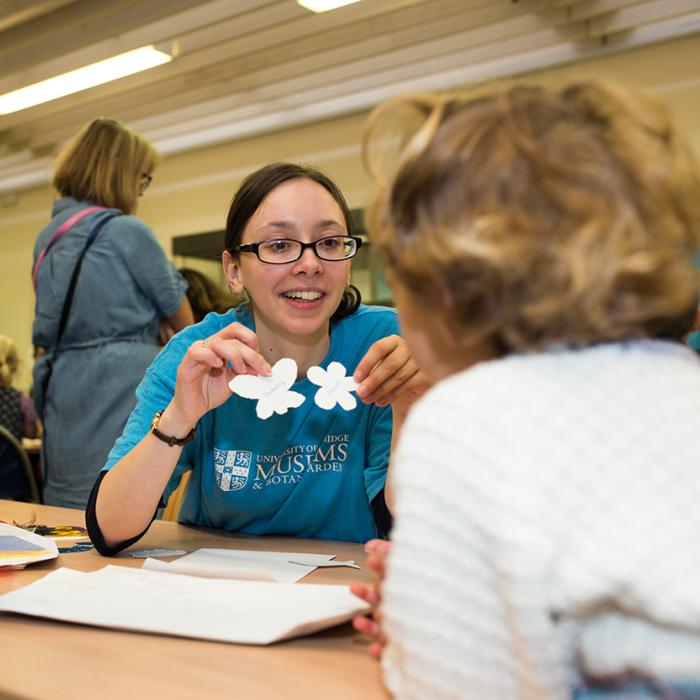Event information
About the event
The presentation by Dr Carol Brown-Leonardi focuses on two prominent females in the Caribbean history: Sarah Curry also known as Nanny of the Maroons, and Catherine Flon who are national heroines of their countries. Both women were renown to have associations with rebellion battles against slavery. Nanny of the Maroon was known as an Obeah woman, and it was reported that her powers made her invincible – for example she was shot multiple times, but the bullets did not penetrate her body. Obeah is an African religion that is practiced on the west coast of Africa and is used for healing rituals using local bushes and natural remedies. The other form of Obeah religious practices is invoking spirits for either good or evil intentions. The presentation briefly explores how Obeah was criminalised in Jamaica as it was perceived as a catalyst for slave rebellion and the promotion of African spirituality. The Maroons were the enslaved Africans who were freed by the Spanish before the arrival of the British. Cudjoe, the commander in Chief of all Maroons, was said to be Nanny’s brother. Sarah Curry was endearingly named ‘Nanny’ after Nanny Town in the Blue Mountains on the eastern end of Jamaica. This was the principal town of the windward Maroons in the early 1730s. The presentation explores the Maroon oral tradition to examine the story of Nanny as a great military strategist, invincible warrior and national heroine. In contrast Catherine Flon is the national heroine in Haiti because she created the Haitian flag during the revolution. Catherine Flon was a nurse and seamstress, and she was born into a family who owned a textile business. The presentation briefly explores the Haitian revolution that ended in 1804, with the African slaves as the victors, which frightened slave owners throughout the Caribbean. The presentation will also examine Haiti as the only country inhabited by freed slaves and their descendants, focusing on the importance of the Haitian flag and how it symbolizes the identity of the Haitian people.
About the speaker
Dr Carol Brown-Leonardi currently works at the Open University in the Department of Geography (FASS) and Global Studies. As a social anthropologist she is passionate about research, and has been conducting a research project on Olaudah Equiano’s life in Cambridge and his contribution to the abolition of the transatlantic slave trade. This project revealed fascinating insights into the social and working relationships between 18th century free Black men in England and English scholars, and clergymen. The significance of this is their active involvement or connection with the transatlantic slave trade and enslavers. This project was conducted in association with the Equiano Bridge project with the Cambridge African Network Charity and Circles of Change community group. Dr Brown-Leonardi has recently conducted the Black history lectures at the Museums of Cambridge, which covered the significant contributions in England’s history by African individuals. Other research projects in progress focus on the positive contributions of the Windrush generation to British Society, which has captured the imaginations of the Caribbean Diaspora. Her previous presentations on black history focused on Ordinary and Prominent Black People in Victorian Britain as well as the Moors Black Presence in the United Kingdom Before and During the Tudor Period. The online publication Deconstructing the Moors, Black Presence in the United Kingdom Before and During the Tudor Period was written to accompany the online presentation. Dr Brown-Leonardi's goal is to inspire the academic and public community to increase their knowledge and explore past events in history.

